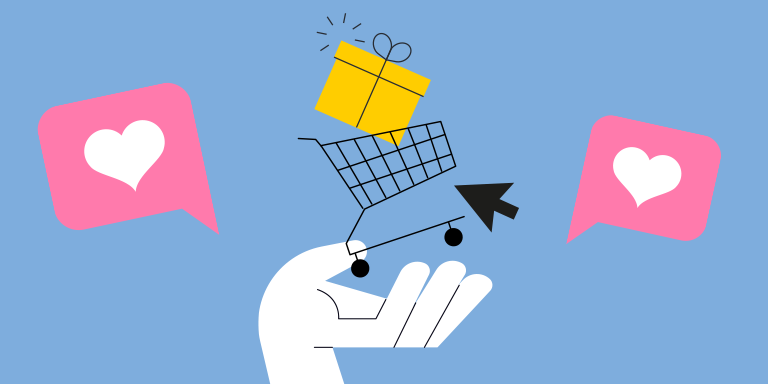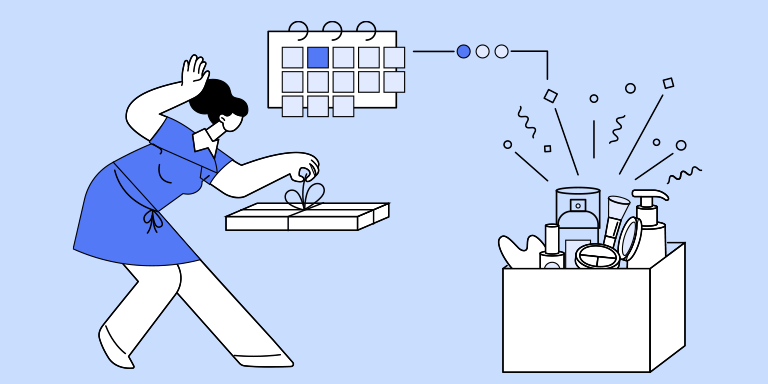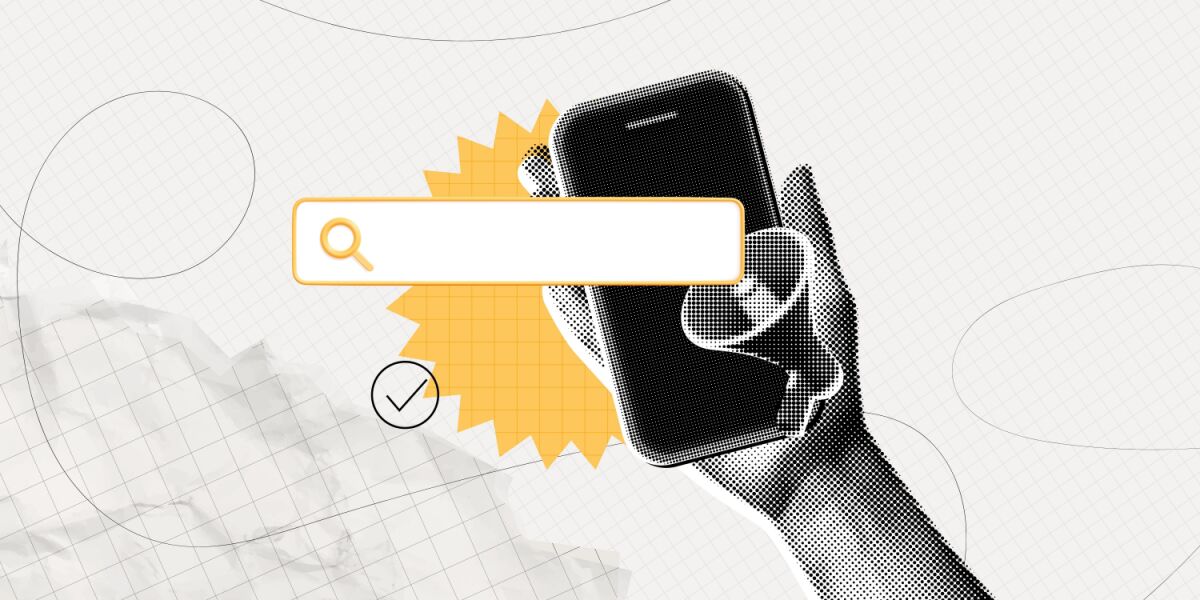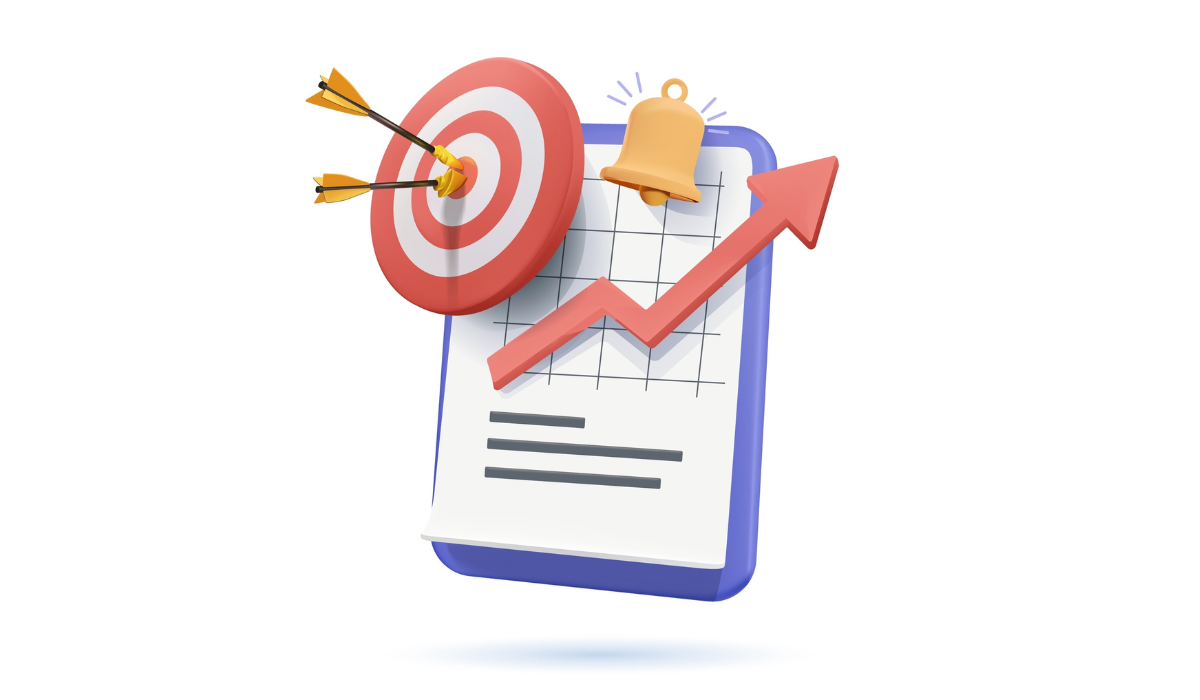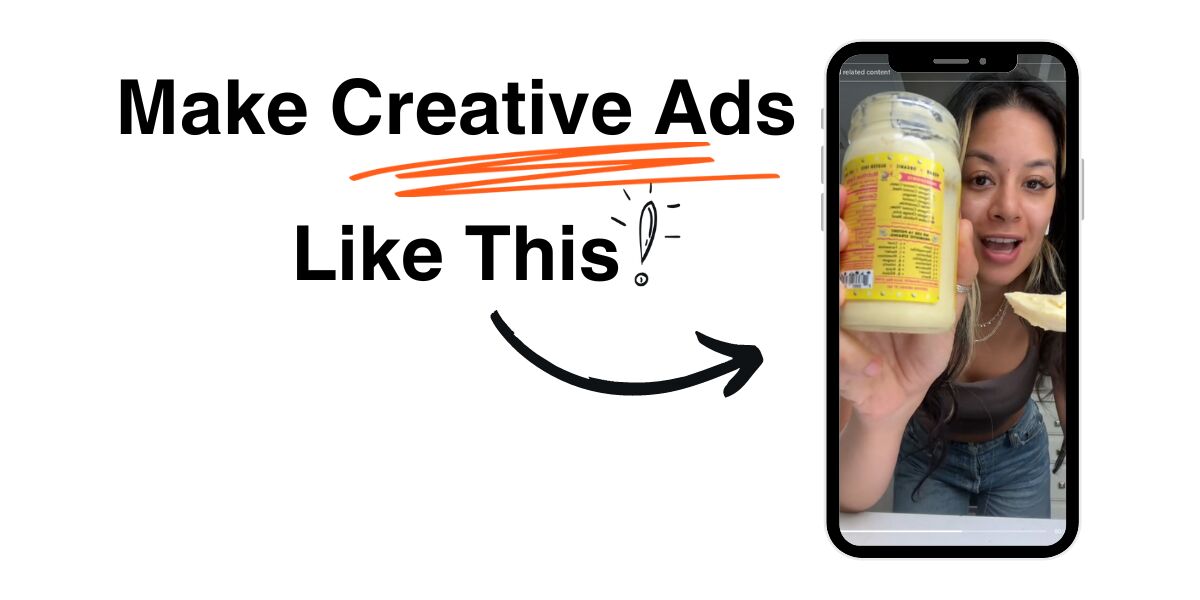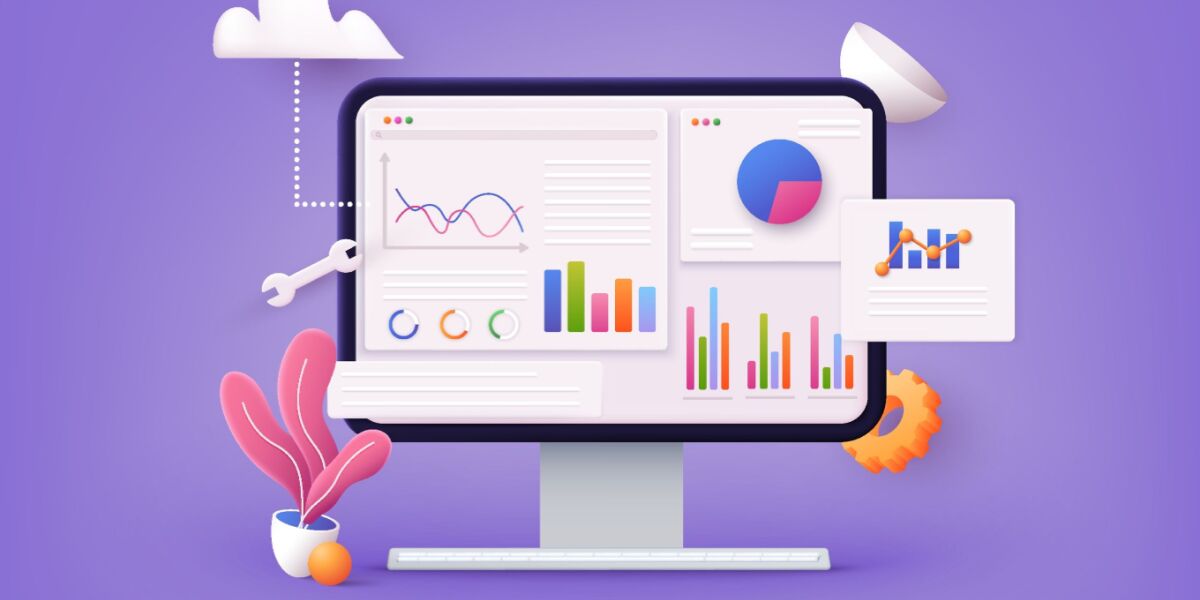Personalizing your customer journey is one of the most important aspects of both short and long-term success.
Yet many founders don’t put the necessary time and effort into it, instead opting for a blanket approach in the hopes that their generic messaging will attract a wide enough audience.
But thanks to continued advancements in eCommerce-based tech, personalizing your customer’s experiences has never been easier.
While the process may be getting easier, the results remain overwhelmingly positive, with as many as 77% of consumers having chosen, recommended, or paid more for a brand that provides a personalized service or experience.
But personalization goes much further than a “Hi [name]“ at the start of a promotional email. Check out these five ways you can truly personalize your audience’s experience with your eCommerce brand.
Short on time? Here are the key takeaways
- Personalized Product Recommendations: Use customer behavior to promote specific products or services tailored to your audience’s preferences.
- Customized Email Marketing: Segment and personalize your email marketing content to improve open rates and conversions.
- Personalized Discounts and Offers: Offer discounts and incentives that are tailored to attract specific audiences, making them more likely to take advantage of the offer.
- Tailored Customer Service: Create a unique chatbot experience that ensures each customer receives the specific support that they need.
- Loyalty Programs with Personalized Rewards: Implement loyalty programs which provide personalized rewards, making them more beneficial and enticing to your loyal customer base.
5 Ways Personalization in eCommerce Can Enhance Customer Experience
Let’s dive straight in and look at the five quick and effective ways you can use personalization to improve customer experience.
1. Personalized Product Recommendations
The first form of personalization that you should be implementing on your eCommerce site is product personalization.
This form of personalization takes advantage of tracking algorithms that follow customer behavior and then suggest products that are tailored to their preferences.
For example, if you run a sports clothing eCommerce store, and a website visitor is looking at a pair of golf trousers on your website, you should be promoting other golf-related products rather than promoting other sporting goods. Chances are they’ve come to your site for golf-related goods, and you need to capitalize on that with product personalization.
Not only can this increase sales, but it also improves customer satisfaction, as it ensures that they have the best possible experience on your site.
Two of the best plugins for your Shopify site include Glood Product Recommendations and Wiser.
2. Customized Email Marketing
A second great way to create a more personalzied customer journey is through customized email marketing. That means creating detailed segmentation and personalized email content, offering your customers information they want to see.
Going back to our golfing example from above, creating a series of trigger emails to follow up with someone who looked at a product but didn’t purchase it is a great example.
You can create dynamic emails that provide the customer with similar products at different price points, helping turn leads into paying customers.
From my experience, Omnisend is by far the most powerful email marketing plugin for Shopify, and has a free version you can use to get up to speed with all the features on offer.
3. Personalized Discounts and Offers
Dynamic content is one way to personalize your audiences experience, but to really make notable sales, personalizaing their discounts and offers is a must.
By tailoring discounts and offers based on customer purchase history, you make it much more likely that your offers will be fruitful, helping improve sales in the process.
For example, if a customer has responded to two different “% off” sales in the past, chances are that is a better approach to take than a “$ off” one, and vice versa.
The discount can be to the same amount, but how you package it can differ from customer to customer, ensuring you maximize your efforts.
Some great plugins include Pumper, ConvertWise, and DealEasy.
4. Tailored Customer Service
When thinking about the customer experience, you shouldn’t just focus on converting leads into customers. You also need to consider the experience of your current customers as well.
That’s why implementing a tailored customer service experience is a great step toward industry-leading support, with customized chatbots making customer life easy.
It leads to faster resolution times, fewer issues, and higher customer satisfaction.
Three great options include Tidio, Chatty, and SmartBot.
5. Loyalty Programs with Personalized Rewards
Lastly, don’t forget about customer loyalty. This is what takes your business from short-term to long-term success.
Personalized rewards based on customer behavior are a great way to boost engagement, increase repeat purchases, and build stronger brand loyalty.
Smile, Joy, and Yotpo all provide great personalization options for your loyalty programs, and are built specifically for Shopify.
Final Thoughts
As you can see, there are several easy steps you can take to improve your customers experience with your brand, not to mention your bottom line!
Be sure to take advantage of the tools and products highlighted in this article, and start taking your customer journey to the next level.
Speaking of the next level, it’s time to take your entire business from start-up to industry leader, all for just $1.
Gain access to foundr+ for seven days, and fast-track your business growth with confidence.
Frequently Asked Questions
How does personalization improve the eCommerce customer experience?
Personalization enhances the eCommerce customer experience by offering tailored recommendations, customized marketing messages, and individualized customer service. This approach makes shopping more relevant to each customer, increasing satisfaction and loyalty.
What are examples of personalized marketing in eCommerce?
Examples of personalized marketing in eCommerce include sending customized email offers based on a customer’s previous purchases, showing product recommendations tailored to browsing history, and offering personalized discounts through loyalty programs.
Why is dynamic website content important in eCommerce?
Dynamic website content is important in eCommerce because it adapts to each user’s behavior and preferences, providing a more engaging and relevant shopping experience. This personalization can lead to increased time on-site and higher conversion rates.
What role do personalized loyalty programs play in customer retention?
Personalized loyalty programs play a crucial role in customer retention by offering rewards and incentives that are specifically tailored to individual customer behaviors and preferences, encouraging repeat purchases and building stronger brand loyalty.
